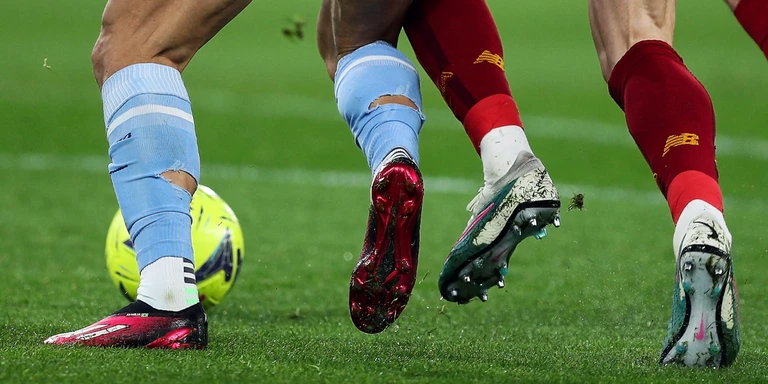Manchester City’s success in having a two-season ban from European competitions overturned by the Court of Arbitration for Sport has raised serious questions over the future of UEFA’s financial fair play system.
AFP Sport looks at the origins of FFP, how it has changed European football finances over the past decade and what the future holds. Financial Fair Play was first implemented by European football’s governing body UEFA in 2011 to try and combat soaring debts in the game.
To obtain a licence to play in the Champions League or Europa League,clubs are required to balance their spending with revenues from sources such as ticket sales, sponsorship, prize money and TV rights.
Also Read:Manchester City wins appeal, Champions League ban lifted
Clubs can lose up to 30 million euros ($34 million, £27 million) across a three-year accounting period if at least 25 million euros is covered by the owner.
Investments in stadiums, training facilities, youth development and women’s football are not included in the calculations as UEFA want to encourage spending in those areas.
UEFA describe FFP simply as “about improving the overall financial health of European club football”.FFP has undoubtedly helped to bring down debt levels across European football.
UEFA’s latest benchmarking report, which analyses the finances of more than 700 top-flight clubs across the continent, found clubs made a combined overall profit of 140 million euros in 2018. In the three years prior to FFP’s implementation, combined losses were more than five billion euros.
“I think FFP is a good idea,” said Liverpool manager Jurgen Klopp. “It is there for protecting teams and the competition so that nobody overspends and (clubs) have to make sure the money they want to spend is based on the right sources.”
However, FFP’s detractors believe it is a self-serving system for traditional giants such as Barcelona, Real Madrid, Bayern Munich and Manchester United to protect their position as the clubs with the greatest spending power.
Those clubs can count on their legacy as worldwide brands with huge fanbases to drive merchandising and sponsorship revenue.
The case put forward against City by UEFA was that they deliberately inflated the value of income from sponsors with links to the Abu Dhabi United Group, which is also owned by City owner Sheikh Mansour, to comply with FFP. Similar accusations have been made about Qatar-owned French champions Paris Saint-Germain in relation to their sponsorship
income.PSG also won a case at the Court of Arbitration for Sport last year, shutting down a UEFA investigation into the club’s compliance with FFP after splashing out 400 million euros to buy Brazilian superstar Neymar and French phenomenon Kylian Mbappe.
Plenty of high-profile figures believe City’s victory sounds the death knell for FFP as it shows the problems UEFA faces in policing its laws.
“I truly believe FFP is gone,” said Tottenham manager Jose Mourinho. “New owners will have this feeling the circus opened the door so let’s go and enjoy it.”
However, in UEFA’s only public statement on the case, the governing body said it remained committed to the process, which has led to greater financial sustainability — something that will be even more important as a result of the coronavirus crisis.
“Over the last few years, Financial Fair Play has played a significant role in protecting clubs and helping them become financially sustainable, and UEFA and the European Club Association remain committed to its principles,” UEFA said.
CAS’s summary of its reasoning for lifting City’s suspension said the allegations were “either not established or time-barred”. Should it transpire in the court’s more detailed filing, which will be released in the coming days, that it was the five-year
statutory limit in UEFA’s regulations that prevented City from being banned, then there is nothing to stop UEFA handing down a similar sentence to clubs who do not comply in the future and being more confident of success in fighting appeals.
Any change to the rules would have to balance the risk of reckless spending in the search for success against increasing competitiveness by allowing other clubs to gatecrash the European elite. “I really hope FFP stays because it gives at least kind of borders where you can go to but not over,” said Klopp.
“If the richest clubs and countries can do what they want to do then that makes it difficult.
“That would lead to a ‘World League’. It would depend who owns the clubs and not the names of the clubs.”




















































